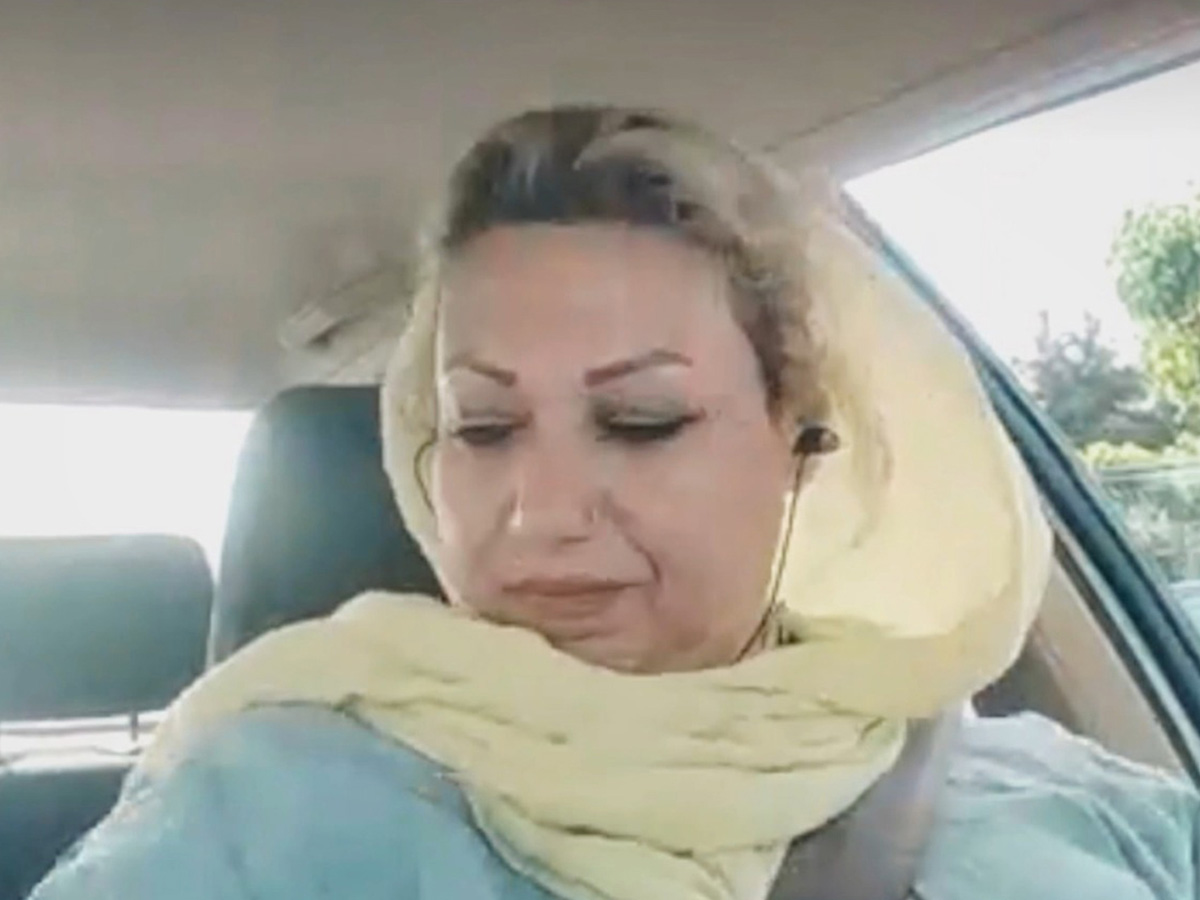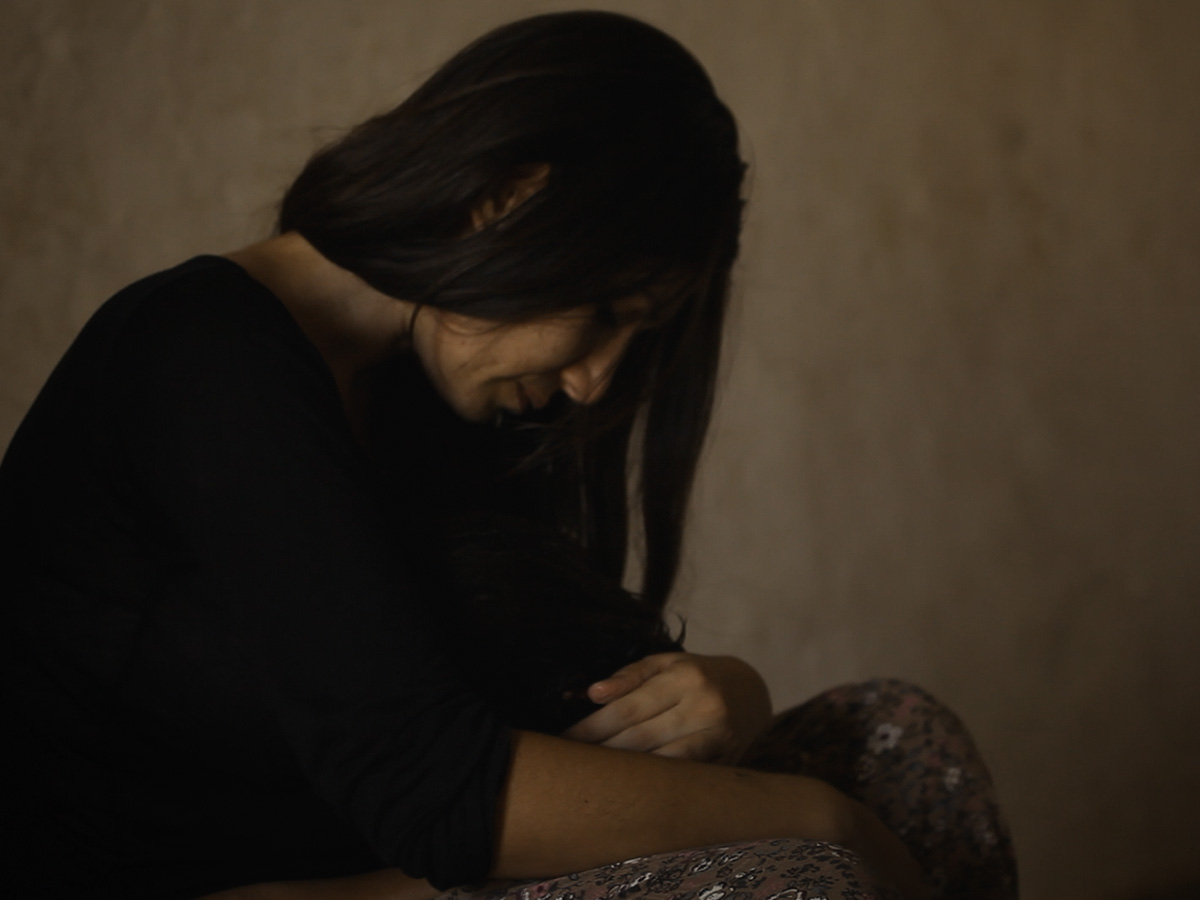
Mother Prays All Day Long
Confused about German bureaucracy and questioning her sexuality, Hoda, an Iranian asylum seeker in Berlin, finds herself hooked on Magdalena, who promised to ensure her asylum by marrying her. Due to changes in Magdalena’s private life, her decision to marry Hoda becomes more complex.
“September 16, 2023, marked the one-year anniversary of the death of Mahsa Amini, a day that would set off months of unrest and protests in Iran. One year later, not much seems to have changed, with people critical of the system still being persecuted. Of course, these protests don’t come out of nowhere but are a result of almost forty-five years of rule of the Islamic Republic and its forceful suppression of the opposition. Thus, many Iranians disapproving of the regime have found themselves going into exile.
Iranian filmmaker Hoda Taheri calls herself a political refugee and has been living in Berlin since 2018. Her work primarily circles the issues of motherhood, migration, and womanhood. Her short film Mother Prays All Day Long might not be read as a strict autobiographical discourse but is rather an essay on life in disparate realities, a treatise of sorts on differing senses of existence. Taheri uses non-professional actors for her film and plays the title role herself. Her character, Hoda, is set to marry Magdalena to receive a residency permit for Germany. But Magdalena is pregnant by her boyfriend. What ensues is a study on life, bodies, mothers, and, not least, sexuality.
Taheri masterfully contrasts German pragmatism embodied by Magdalena’s stern and conservative mother with a notably open-minded Iranian zest for life personified by Taheri’s mother. Given the political context, the seemingly mundane and intimate moments Hoda and Magdalena share in an average Berlin apartment become acts of rebellion. Hoda Taheri does not shy away from controversy; her nudity in the film is not just a mere provocative act. “Unveiling” herself becomes the most personal and universal act of reclaiming her body, womanhood, identity, and, ultimately, herself.” — Anne Gaschütz
This film was chosen by Anne Gaschütz, in response to Houses With Small Windows. Gaschütz is a festival organiser and programmer. She grew up in Dresden, and studied film in Wales. Upon returning to her hometown, she worked at the production company Filoufilm and went on to be a production assistant and manager on numerous short film projects. She joined Filmfest Dresden in 2013 as part of the International Selection Committee and became the festival’s co-director in July 2020. In 2021, she joined the Pardi di domani Selection Committee at the Locarno Film Festival. She is also one of the initiators of Talking Shorts, an online platform that focuses on short film criticism. Gaschütz is a member of the European Film Academy.
Dilan pays with her life for her forbidden love for a young man in a neighbouring village—a powerful poetic portrait of an honour killing in the rural Kurdish southeast of Turkey.



